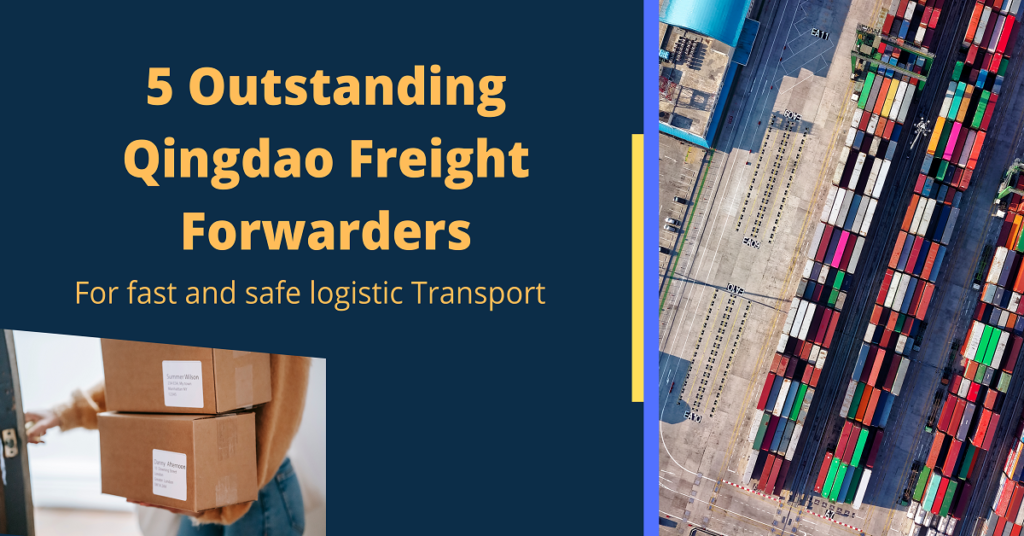What are DDU shipping terms?
You might be surprised to learn that the Incoterm DDU (Delivered Duty Unpaid) is not part of the Incoterms® 2010 and 2020. However, it remains one of the commonly used agreements in international shipments. DDU is replaced by DAP and DAT, which cover most of the functions of the said Incoterm.
Under DDU, the seller must deliver the freight to the buyer’s specified destination at their expense. All costs until the cargo reaches the final place will be borne by the seller. Once delivered, the buyer takes over and is responsible for the import charges, taxes, duties, and all other expenses thereafter.
DDU delivery condition: When to choose DDU term
The usage of DDU terms depends on how much control the buyer wants in the shipping process. So, when prioritizing continuous supply chains, DDU may be a good Incoterm to consider. Below are some scenarios where using DDU can be beneficial.
The buyer arranges for the import processes. Since they are more familiar with the customs laws in their country, they can set the right conditions and steps to adequately control their expenses. It would also be much easier for them to track the progress of their clearance.
The seller looks for less hassle in clearances in the destination country. Recall that the buyer is responsible for the import clearance and costs under DDU.
Clearing any nuances and misunderstandings in terms of the charges to pay is essential when using DDU. This is to avoid confusion between the parties, which may lead to non-beneficial collaborations.
Buyer and seller responsibilities with DDU freight terms
DDU is highly similar to DAP in terms of the buyer’s and seller’s responsibilities.

Image Source: Incoterms Explained
Buyer’s responsibility under a DDU agreement
- Documentation — commercial invoice, Bill of Lading, and other papers that serves as proof of legal transfer of the goods to the buyer
- Export preparation — preparation of all export documents, packaging, and labeling
- Delivery of goods to the named destination — several legs of transportation, from the export haulage to the cargo delivery to the named destination
- Export costs — the seller pays for all costs incurred for the transportation of goods prior to the named destination, including export taxes, duties, clearance handling fees, and others
- Insurance — the seller is not obliged to pay for insurance but may purchase coverage considering that they will bear all responsibilities before the risks are transferred to the buyer
Seller’s responsibility under a DDU agreement
- Payment for the goods — remuneration for the commodities delivered
- Import process — the buyer should clear the goods from the customs, pay taxes and duties, and settle handling charges
- Risks and costs — once the goods are delivered to the named location, the buyer bears all risks and costs, such as transportation charges, insurance, and more
- Unloading and transportation — unloading charges are borne by the buyer, as well as the delivery charges if needed
DDU shipping: Is it a good choice? (Example explained)
Opting for DDU shipping can be advantageous for both the seller and the buyer. For one, the buyer only needs to accomplish the import process and unloading of the cargo—all other risks are borne by the seller before the goods are delivered to the specified destination.
On the other hand, the seller can be free from the import customs process, which they may be unfamiliar with. This reduces the potential delays and violations by the seller since they’re not required to dabble in another country’s customs rules. This is different from the Incoterm DDP, where the seller is also obliged for the importation and tax and duty payments for the goods.
DDU shipping from China
If you have a supplier from China, the world’s hub in terms of manufacturing, DDU shipping is one way to get your goods. Regardless of your departure port, all you need to do is wait for your goods to arrive at your preferred destination. Once it arrives, you have to settle the import process and pay the taxes (like VAT, if applicable) and other charges.



